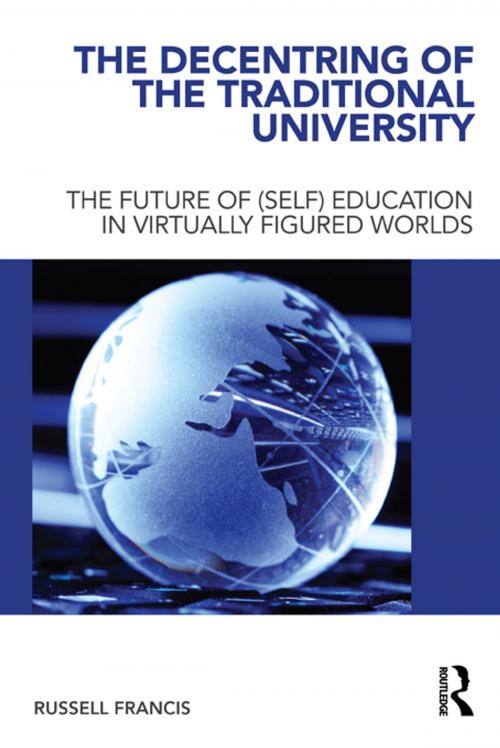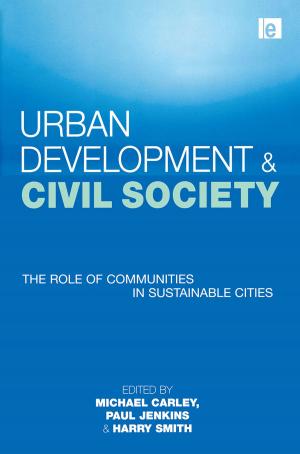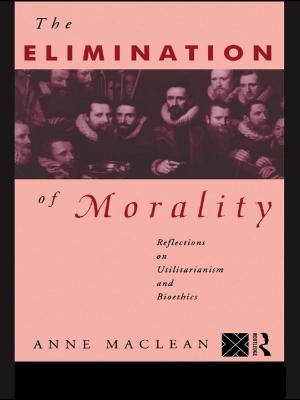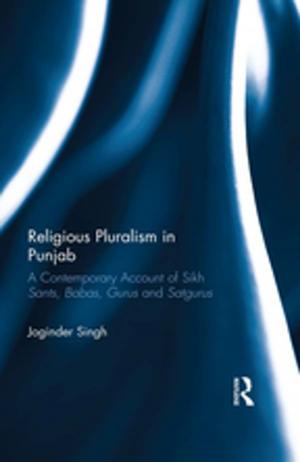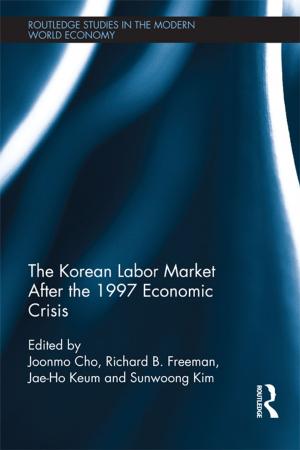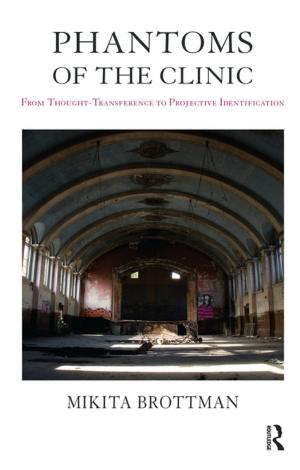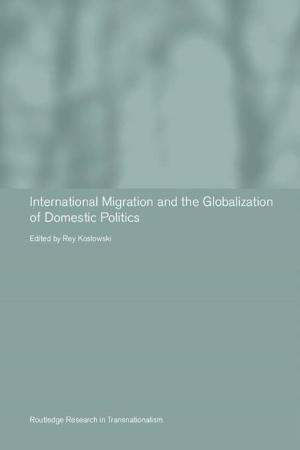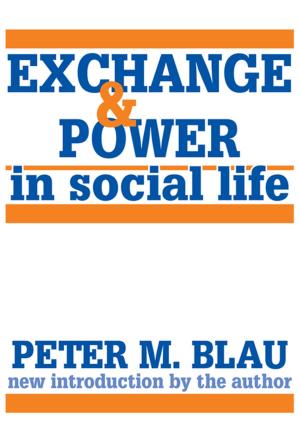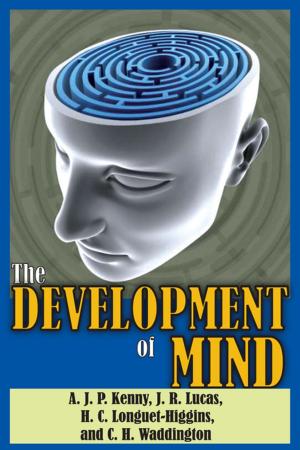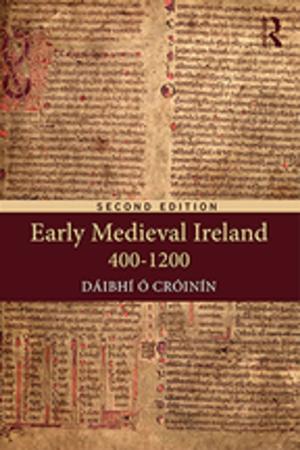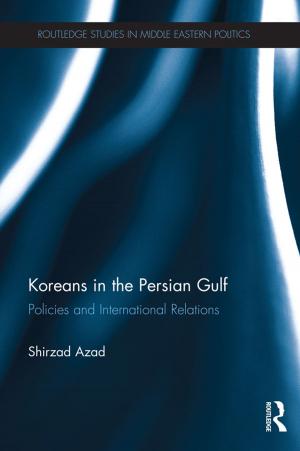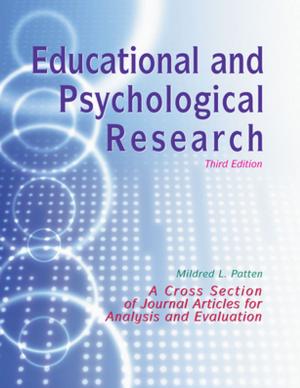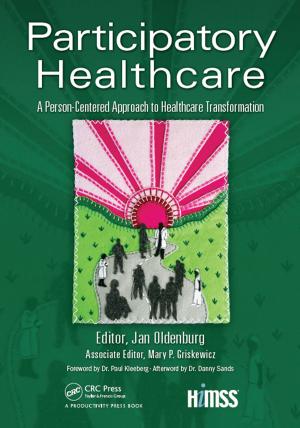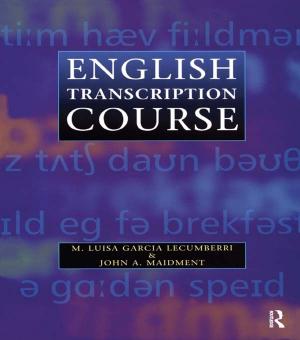The Decentring of the Traditional University
The Future of (Self) Education in Virtually Figured Worlds
Nonfiction, Reference & Language, Education & Teaching, Teaching, Computers & Technology, Higher Education| Author: | Russell Francis | ISBN: | 9781135161255 |
| Publisher: | Taylor and Francis | Publication: | August 21, 2012 |
| Imprint: | Routledge | Language: | English |
| Author: | Russell Francis |
| ISBN: | 9781135161255 |
| Publisher: | Taylor and Francis |
| Publication: | August 21, 2012 |
| Imprint: | Routledge |
| Language: | English |
The Decentring of the Traditional University provides a unique perspective on the implications of media change for learning and literacy that allows us to peer into the future of (self) education. Each chapter draws on socio-cultural and activity theory to investigate how resourceful students are breaking away from traditional modes of instruction and educating themselves through engagement with a globally interconnected web-based participatory culture.
The argument is developed with reference to the findings of an ethnographic study that focused on university students’ informal uses of social and participatory media. Each chapter draws attention to the shifting locus of agency for regulating and managing learning and describes an emergent genre of learning activity. For example, Francis explores how students are cultivating and nurturing globally distributed funds of living knowledge that transcend institutional boundaries and describes students learning through serious play in virtually figured worldsthat support radically personalised lifelong learning agendas. These stories also highlight the challenges and choices learners confront as they struggle to negotiate the faultlines of media convergence and master the new media literacies required to exploit the full potential of Web 2.0 as a learning resource.
Overall, this compelling argument proposes that we are witnessing a period of historic systemic change in the culture of university learning as an emergent web-based participatory culture starts to disrupt and displace a top-down culture industry model of education that has evolved around the medium of the book. As a result, Francis argues that we need to re-conceive higher education as an identity-project in which students work on their projective identities (or imagined future selves) through engagement with both formal and informal learning activities.
The Decentring of the Traditional University provides a unique perspective on the implications of media change for learning and literacy that allows us to peer into the future of (self) education. Each chapter draws on socio-cultural and activity theory to investigate how resourceful students are breaking away from traditional modes of instruction and educating themselves through engagement with a globally interconnected web-based participatory culture.
The argument is developed with reference to the findings of an ethnographic study that focused on university students’ informal uses of social and participatory media. Each chapter draws attention to the shifting locus of agency for regulating and managing learning and describes an emergent genre of learning activity. For example, Francis explores how students are cultivating and nurturing globally distributed funds of living knowledge that transcend institutional boundaries and describes students learning through serious play in virtually figured worldsthat support radically personalised lifelong learning agendas. These stories also highlight the challenges and choices learners confront as they struggle to negotiate the faultlines of media convergence and master the new media literacies required to exploit the full potential of Web 2.0 as a learning resource.
Overall, this compelling argument proposes that we are witnessing a period of historic systemic change in the culture of university learning as an emergent web-based participatory culture starts to disrupt and displace a top-down culture industry model of education that has evolved around the medium of the book. As a result, Francis argues that we need to re-conceive higher education as an identity-project in which students work on their projective identities (or imagined future selves) through engagement with both formal and informal learning activities.
